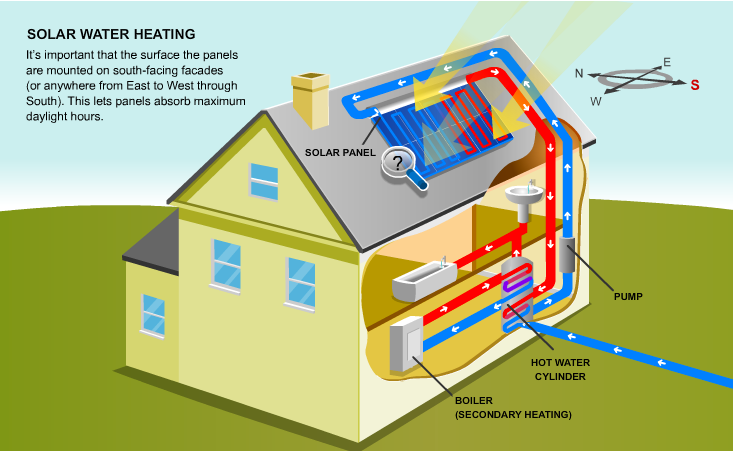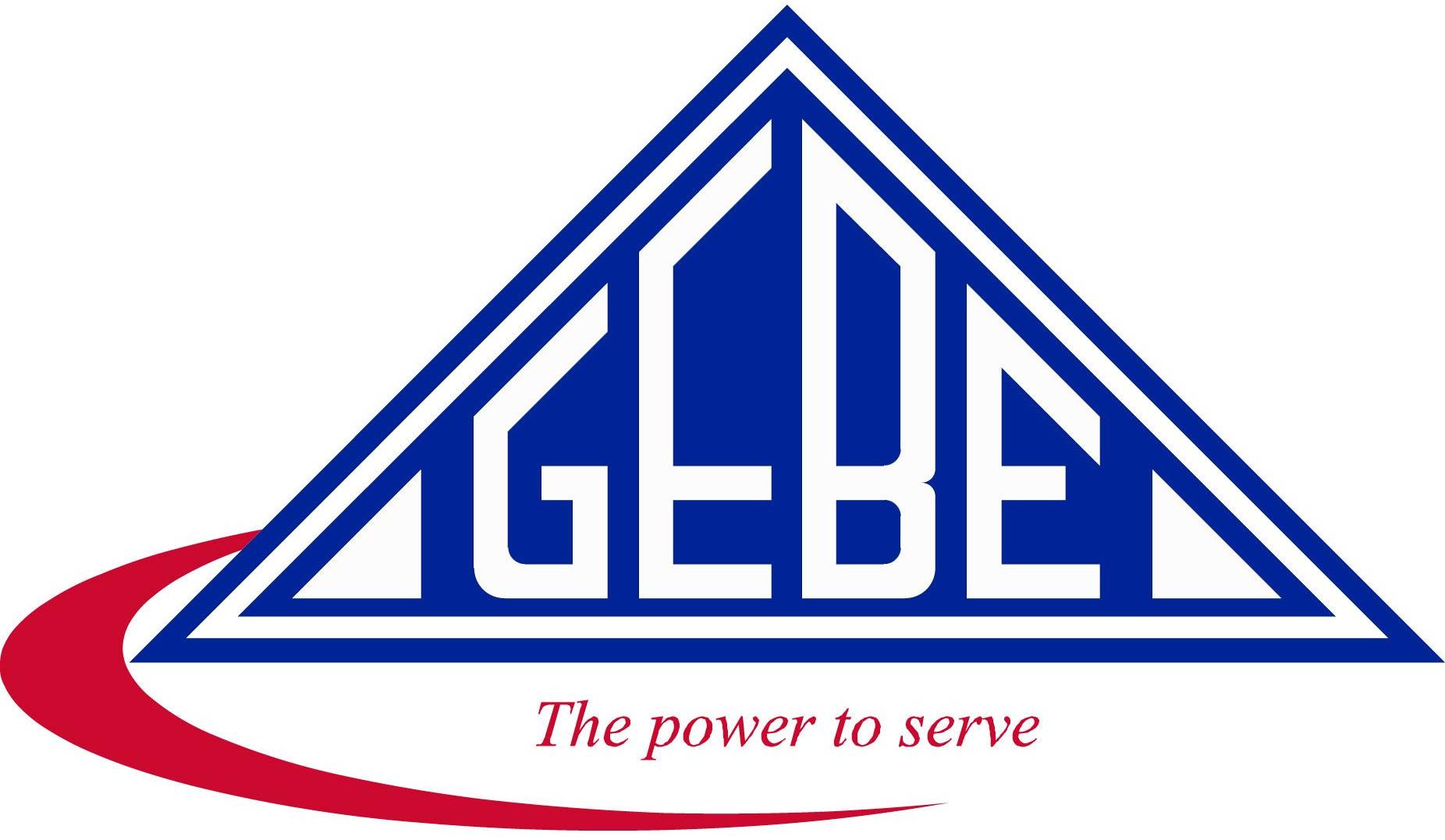
The sun is the largest producer of energy in our solar system. Solar energy is free, and its supplies are unlimited. Using solar energy produces no air or water pollution when converting the sun’s rays into energy. Although a good supply of energy, harnessing solar power is expensive and efficiency is still being improved as solar power also does not work at night.
There are different applications for solar power:
Solar Cells
Solar Cells (really called "photovoltaic" or "photoelectric" cells) that convert light directly into electricity. In a sunny climate, you can get enough power to run a 100W light bulb from just one square meter of solar panel.
Photovoltaic (PV) cells are devices that convert sunlight to electricity, bypassing thermodynamic cycles and mechanical generators. PV stands for photo (light) and voltaic (electricity), whereby sunlight photons free electrons from common silicon.
Solar Water Heating
Solar water heating is where heat from the sun is used to heat water in glass panels on your roof. This means you don’t need to use so much gas or electricity to heat your water at home. Water is pumped through pipes in the panel. The pipes are painted black, so they get hot when the Sun shines on them.
Water heating is one of the most cost-effective uses of solar energy, providing hot water for showers, dishwashers and clothes washers. Every year, several thousands of new solar water heaters are installed worldwide.Solar water heaters are designed to last many years with little maintenance. A solar water heater can reduce your water heating energy needs by one-half, giving you significant dollar savings as well as clean energy.

